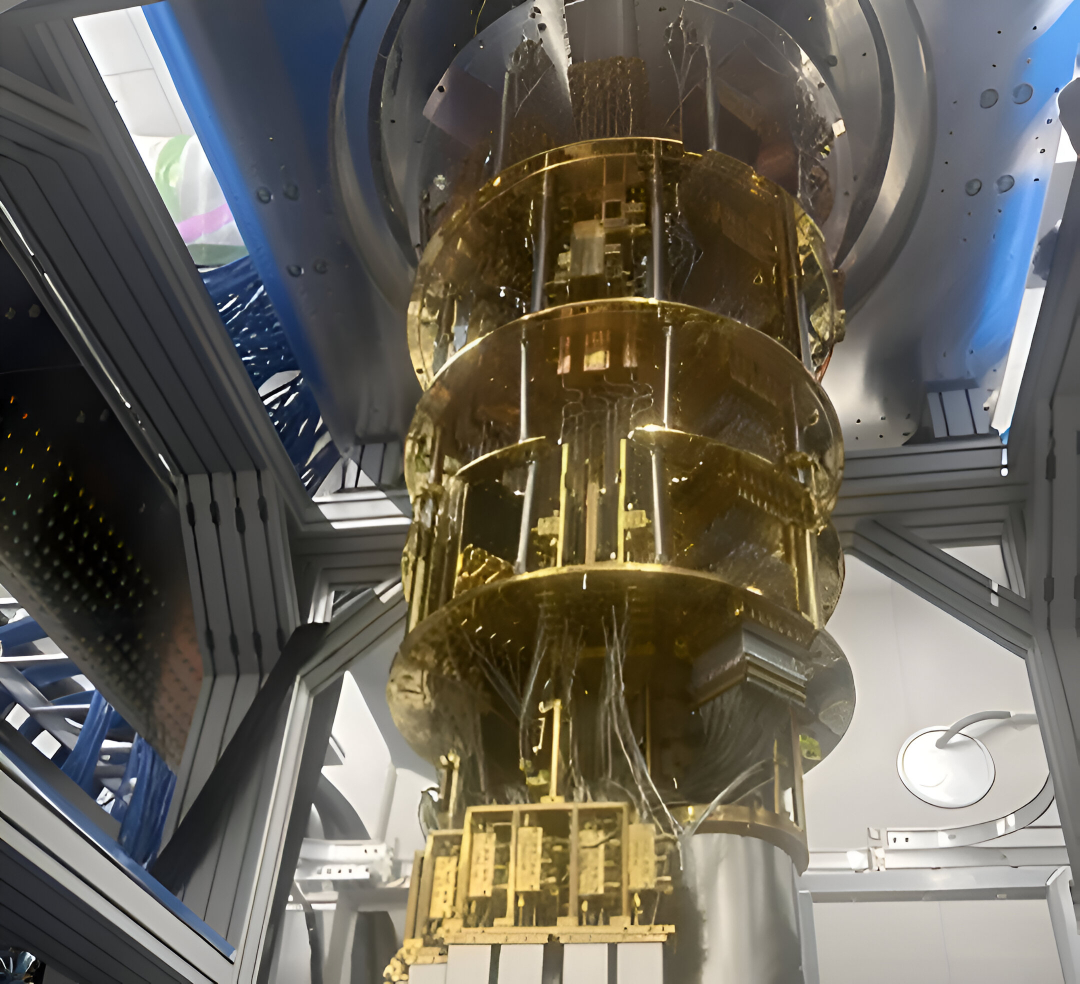Japan has taken a giant step forward in quantum computing technology. Tech giant Fujitsu and research institute RIKEN have created one of the world’s most powerful quantum computers – a 256-qubit superconducting system. This breakthrough quadruples the processing power of their previous 64-qubit machine from 2023. The project, supported by Japan’s Ministry of Education, Culture, Sport, Science and Technology, brings quantum computing closer to practical applications. Starting in early 2025, this powerful new system will be available to companies and researchers worldwide through a hybrid platform.
Understanding Quantum Computing Power

Quantum computers use qubits instead of traditional bits to process information. While regular computers use bits that are either 0 or 1, quantum bits can exist in multiple states simultaneously. This gives quantum computers extraordinary power for certain types of calculations. The jump from 64 to 256 qubits is significant because quantum computing power doesn’t increase linearly—it grows exponentially with more qubits. Researchers continue to push boundaries with bold quantum predictions. The new machine isn’t just four times more powerful; it’s orders of magnitude more capable than its predecessor.
This expanded qubit capacity allows researchers to tackle much more complex problems that were previously out of reach. Scientists can now simulate larger molecules, which is crucial for drug discovery and materials science. The system also provides a platform to test advanced error correction algorithms – essential for making quantum computers reliable enough for real-world applications. As quantum systems grow, maintaining the quality of calculations becomes increasingly challenging, making this research critical for future development.
Engineering Breakthroughs in Cooling and Architecture

Creating a 256-qubit system required overcoming significant technical challenges, particularly with cooling. Quantum computers must operate at temperatures near absolute zero to maintain qubit stability. Despite quadrupling the number of qubits, engineers managed to fit the new system within the same dilution refrigerator used for the 64-qubit model. This achievement came through advancements in thermal design and heat management that balanced the heat generated by control circuits with the cooling system’s capacity.
The team developed a scalable 3D connection structure that arranges qubits in efficient four-qubit unit cells. This innovative architecture allows for increasing the number of qubits without requiring complete redesigns of the system. Engineers also had to maintain ultra-high vacuum conditions alongside extremely low temperatures. Their success in balancing these requirements marks a key milestone for the future development of even larger quantum systems, proving that quantum computing can scale up without proportionally increasing the supporting infrastructure.
The Hybrid Computing Approach

The new quantum computer isn’t designed to work in isolation. It will be incorporated into Fujitsu and RIKEN’s hybrid quantum computing platform, which combines quantum processing with traditional computing methods. This hybrid approach is currently considered the most practical way to solve real-world problems, as it leverages the strengths of both computing paradigms. Classical computers handle parts of calculations they’re efficient at, while quantum processors tackle the portions where they excel.
The platform will be made available to companies and research institutions worldwide starting in early 2025, during the first quarter of Japan’s fiscal year. This accessibility marks an important shift in quantum computing from purely academic research to practical applications. By blending quantum and classical approaches, the platform aims to solve large-scale problems beyond the reach of today’s computing systems. This collaborative approach could accelerate breakthroughs in fields like finance, logistics, materials science, and pharmaceutical research.
Japan’s Quantum Computing Roadmap

This 256-qubit system represents just one milestone in Japan’s ambitious quantum computing roadmap. Fujitsu and RIKEN are already developing a 1,000-qubit superconducting quantum computer, planned for installation at Fujitsu Technology Park in 2026. The organizations have extended their collaboration agreement through 2029, signaling their commitment to long-term quantum computing development and research.
The project has been funded under MEXT’s Quantum Leap Flagship Program (Q-LEAP), highlighting Japan’s national strategy to advance quantum technologies. Fujitsu has stated its commitment to “accelerating the practical application of quantum computers from both hardware and software perspectives.” Their focus on making larger-scale quantum computers available for joint research in various fields shows how quantum computing is transitioning from theoretical possibility to practical tool. This progress puts Japan among the world leaders in quantum computing development, alongside efforts in the United States, China, and Europe.





























